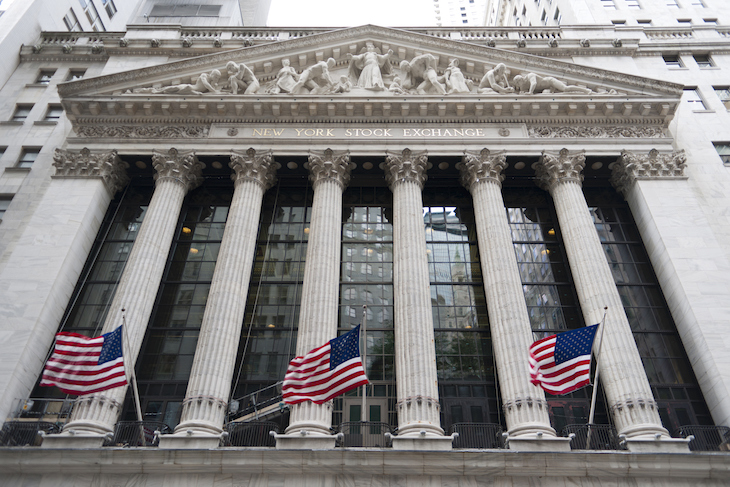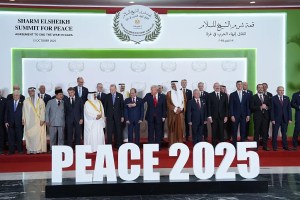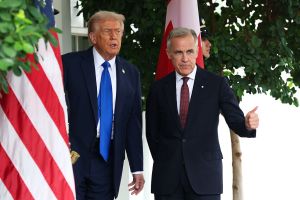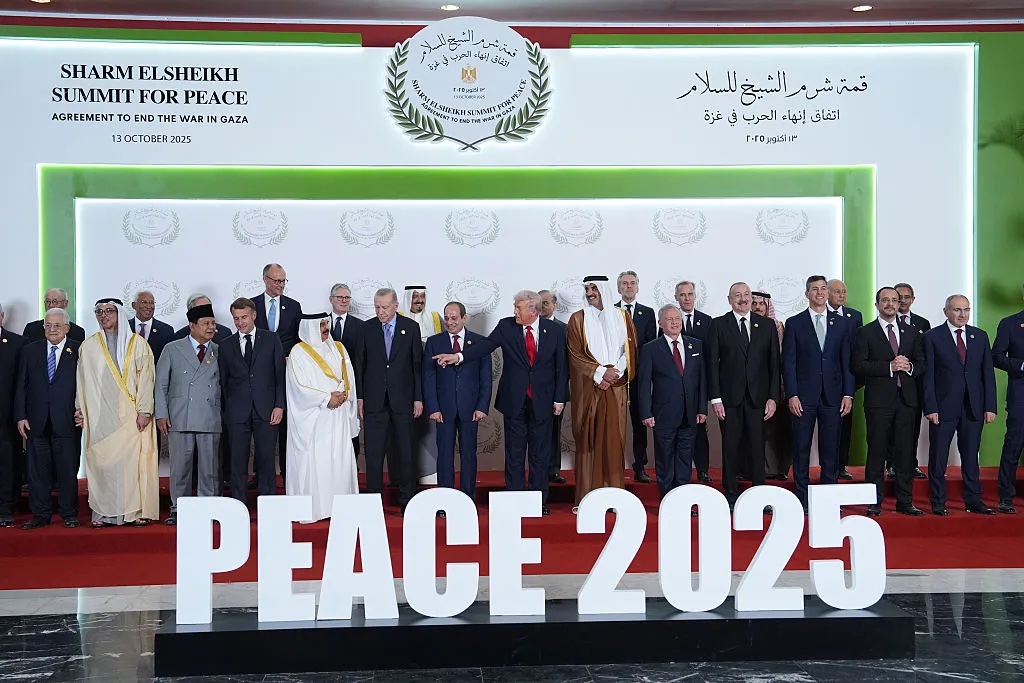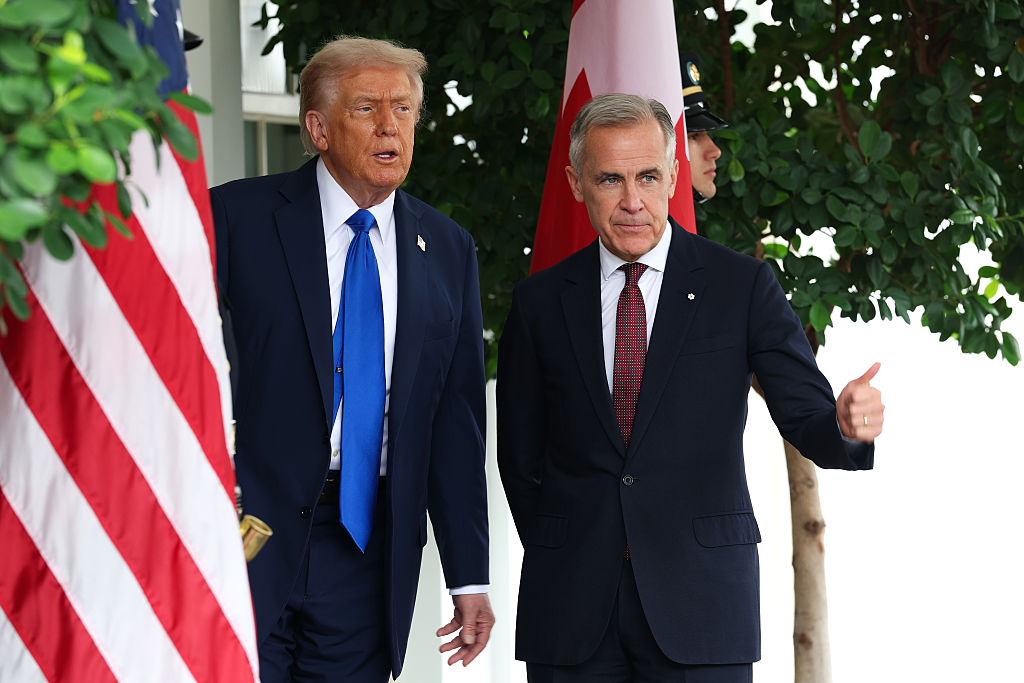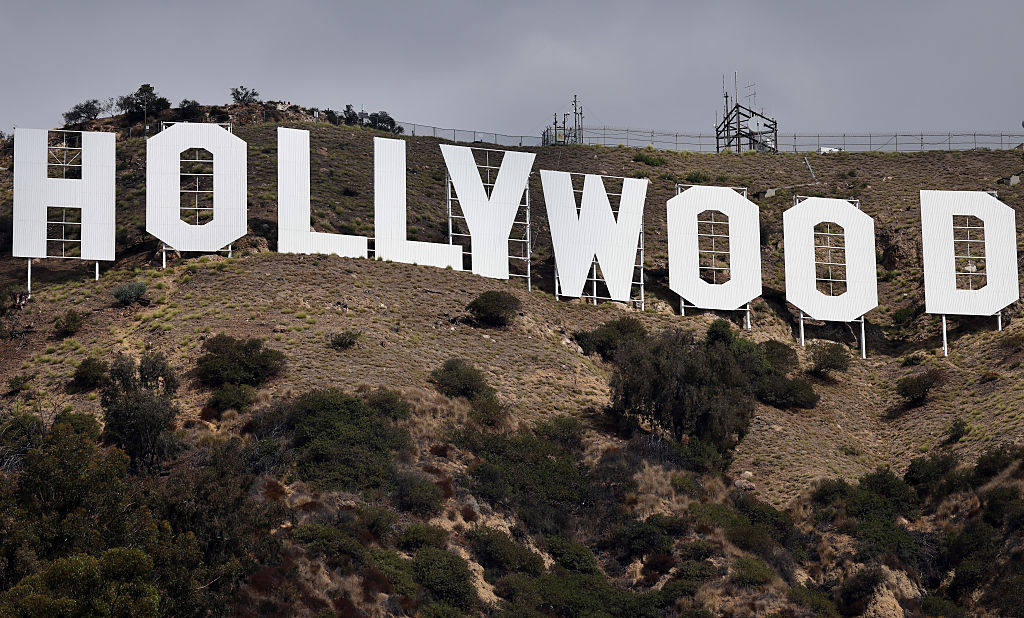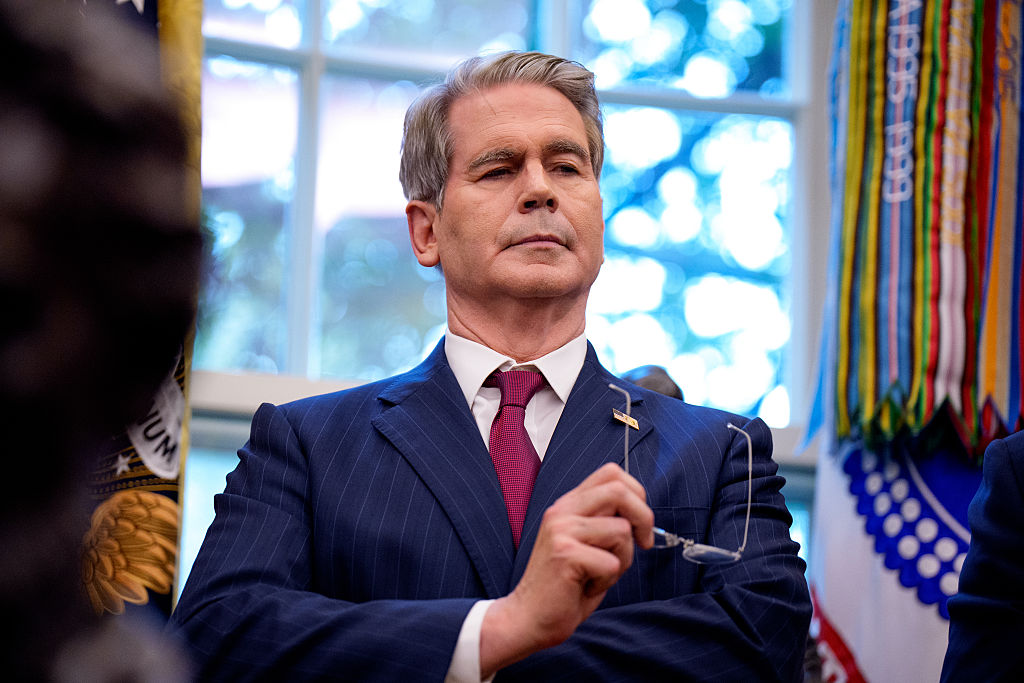Of all the 9/11 conspiracy stories, one of the most persistent is the suggestion that al-Qaeda funded its operations by short-selling the shares of airline companies in the days before the attack. Inevitably, airline shares plummeted that day, netting short-sellers vast profits. While there was an increase in short-selling before the attack, no-one has proved one way or the other whether that was history’s most audacious case of insider-dealing or just a reaction to an industry which was already in trouble for purely commercial reasons.
But is someone now trying on the same trick with the US-China trade war? Conspiracy theorists have pointed out a number of large trades which seem to have been conducted at highly opportune moments – just before a breakthrough or setback in the talks between the US and China. The allegations surround futures contracts linked to the S&P 500 index. On June 28, for example, someone bought 420,000 so-called ‘e-minis’, a few hours before Donald Trump announced that trade talks with China were making progress. Stock markets duly rose and the buyer of the e-minis made a quick $1.8 billion profit.
A similar thing happened on September 10, when somebody bought 82,000 e-minis, betting that the S&P index would quickly rise. A few hours later, China announced it was lifting some tariffs on US goods, Donald Trump replied by announcing that he was delaying the imposition of some tariffs – and the individual or organization who placed the trades made a quick $200 million profit.
Coincidence or a government mole making an illicit fortune? Eyes, unsurprisingly, have fallen on the Trump administration – as Democrats move towards impeachment there is an all-out offensive on virtually anything the president has ever said or done. If not the president, clearly there are government people around him who would have privileged access to information which is capable of moving markets. On the other hand, such opportunities are equally available to people on the Chinese side. Indeed, that might be the more likely culprit if any political insider-trading is going on – on September 3 someone made an $82 million profit by buying e-minis ahead of an announcement by Hong Kong Chief Executive Carrie Lam that she was withdrawing the extradition bill which has caused mass unrest in the city.
On the other hand, it would have been possible to guess some of these events without any privileged access to political and market-sensitive information. In the case of June 28, for example, Donald Trump was already due to meet his Chinese counterpart Xi Jinping. It was a fair guess that some progress, or at least a positive announcement, was going to be made – it’s plain to the eye that Donald Trump’s method of operating is to ruffle the feathers of foreign leaders by tweet – and then try to make up when he has a face-to-face meeting.
When all it needs is a nod and a wink between official and a trader, it is always going to be highly difficult to prove when political insider-dealing is taking place. And it is difficult to see how the risk could be eliminated. While some countries banned short-selling after the 2008/09 crisis in an attempt to prevent market manipulation, it should be noted that none of the above cases required short-selling – they were all bets on markets rising rather than falling. The only real defense is vetting to ensure that only the most trustworthy officials should be allowed access to information capable of moving markets, and that their numbers are as small as possible.
But the new angle of alleged market manipulation should keep us entertained as Trump’s enemies seek ever more damning information to try to unseat him.



